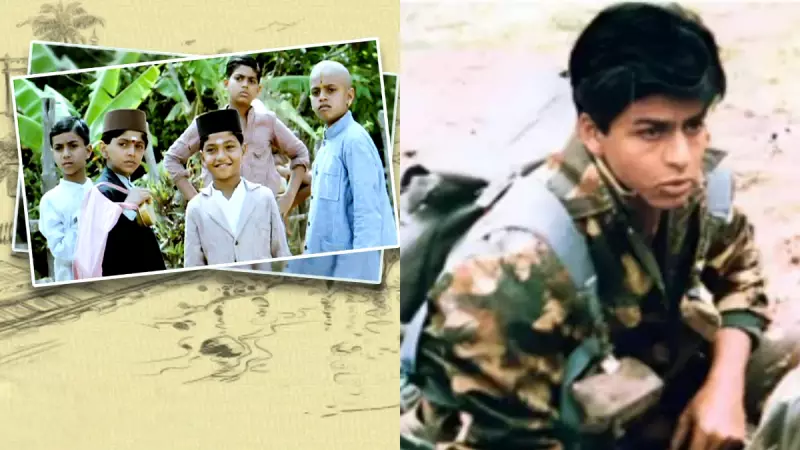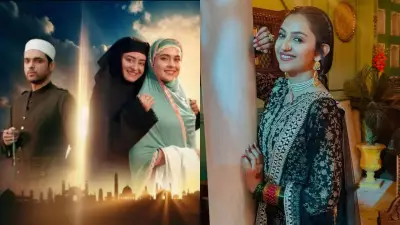
As World Television Day approaches on November 21, 2025, a nostalgic wave sweeps across India, reminding us of an era when television wasn't just entertainment but a family ritual. Before the streaming wars and hundreds of channels, Doordarshan reigned supreme with content that continues to resonate decades later.
The Golden Era of Indian Television
For millennials and Gen X, these shows represent more than just television programs—they're cherished childhood memories. In today's fragmented media landscape, these classics offer Gen Z viewers a unique glimpse into India's cultural heritage and storytelling traditions that prioritized substance over style.
World Television Day, celebrated globally on November 21, provides the perfect opportunity to explore these timeless gems that shaped Indian popular culture and launched numerous legendary careers.
Must-Watch Doordarshan Classics for New Generations
Malgudi Days (1986): Based on R.K. Narayan's beloved stories, this series transported viewers to the fictional town of Malgudi. With its simple narratives and profound life lessons, the show captured the essence of small-town India like nothing before or since.
Fauji (1988): This military drama introduced the world to a young Shah Rukh Khan. The series offered an authentic look into army life and discipline while showcasing the raw talent of the superstar before he conquered Bollywood.
Shaktimaan (1997):India's first superhero captured the nation's imagination with his mantra of saving the world through Indian values. The show blended entertainment with social messages about corruption, education, and environmental protection.
Byomkesh Bakshi (1993):This Bengali detective series starring Rajit Kapur brought Sharadindu Bandyopadhyay's literary creation to life with exceptional authenticity. The intelligent storytelling and period setting made it a masterpiece of Indian mystery fiction.
Dekh Bhai Dekh (1993):A pioneering Indian sitcom that followed the humorous dynamics of the Diwan family. The show's witty writing and memorable characters set new standards for television comedy in India.
Surabhi (1994):This cultural magazine show became a Sunday morning ritual for millions of Indians. Hosted by Siddharth Kak and Renuka Shahane, it explored India's diverse cultural heritage and traditions through its popular viewer contest segment.
Hum Paanch (1995):The hilarious story of a mathematician and his five distinctive daughters broke new ground in family comedy. The show's eccentric characters and situational humor remain unmatched in Indian television history.
Why These Shows Still Matter Today
These iconic programs share common threads that explain their enduring appeal. They focused on strong storytelling rather than production budgets, emphasized Indian values and culture, and created characters that felt authentic and relatable.
Unlike today's content designed for algorithm-driven consumption, these shows were crafted with patience and artistic integrity. They didn't rely on cliffhangers or sensationalism but instead built emotional connections through genuine human experiences.
The cultural significance of these shows extends beyond entertainment. They served as unifying national experiences when families would gather around their television sets at specific times, creating shared memories across generations.
As we celebrate World Television Day 2025, these classics remind us that great content transcends technological changes and generational shifts. They represent a golden chapter in India's entertainment history that continues to inspire creators and delight audiences decades later.





